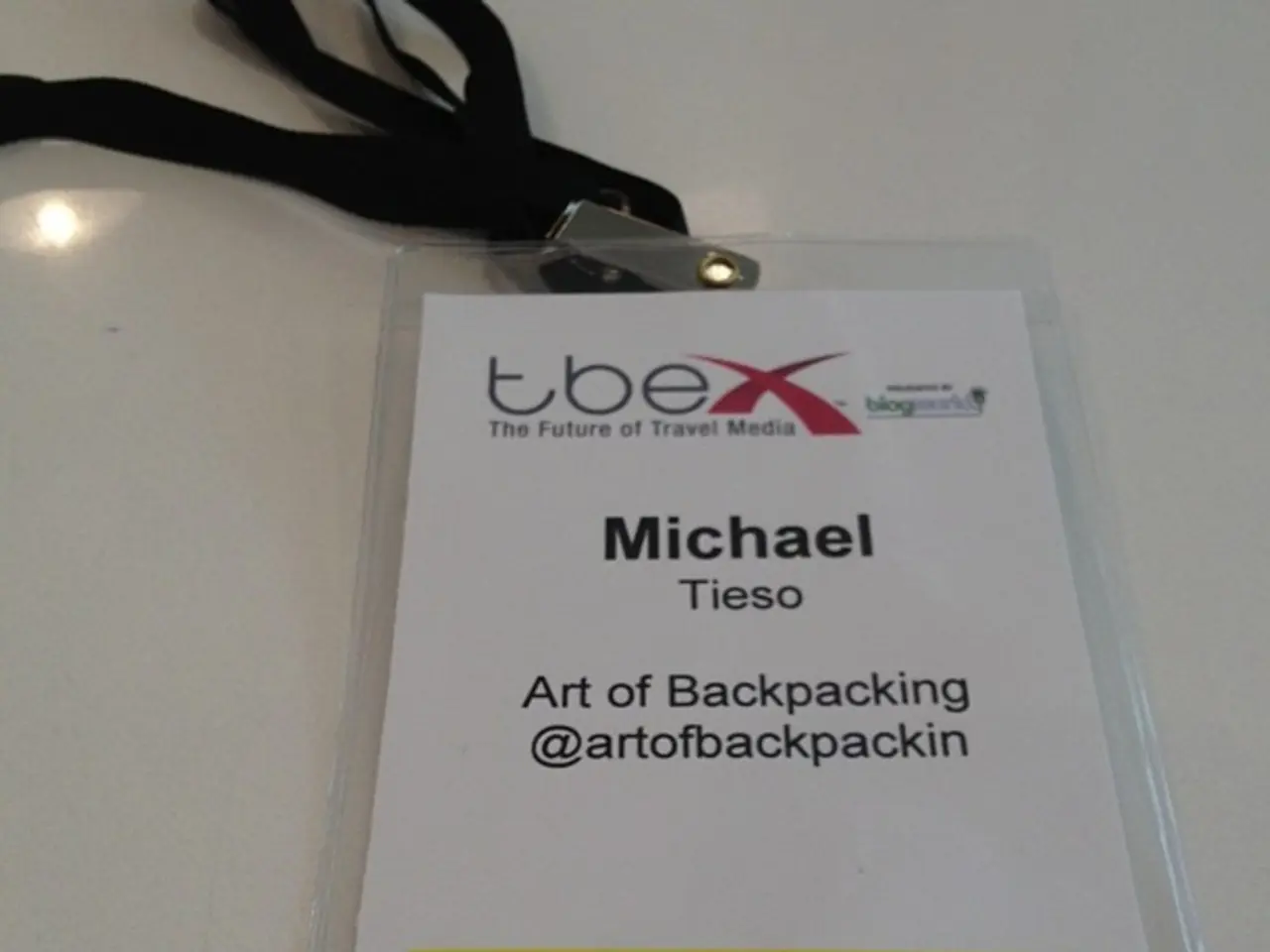U.S. President Trump vows to impose semiconductor tariffs, declaring: "We aim for them to be manufactured in America"
In a recent White House press briefing, President Donald Trump announced plans to impose approximately 100% tariffs on semiconductor imports as part of a Section 232 investigation. The move aims to strengthen the domestic supply chain and encourage semiconductor companies to relocate or expand manufacturing in the U.S.
The world's largest semiconductor manufacturer, Taiwan Semiconductor Manufacturing Company (TSMC), is based in Taiwan. The President's announced tariffs will negatively impact Taiwan, as one of its biggest exports to the U.S. is semiconductors. The new tariffs will result in a 20% reciprocal tariff on all Taiwanese imports, effective August 7, 2025, as part of Trump’s broader reciprocal tariff measures.
The tariffs could raise costs for U.S. tech companies, potentially affecting product prices and supply chains. However, exemptions are expected for firms increasing or building semiconductor production in the U.S., easing the burden on companies actively investing domestically.
Apple CEO Tim Cook has announced plans to increase investment in U.S. manufacturing by $100 billion over the next four years, building on an earlier pledge of $500 billion. Semiconductor firms like TSMC and Nvidia have also unveiled multi-billion dollar investments in the U.S.
The semiconductor industry shows mixed reactions, welcoming exemptions for domestic production but otherwise wary of supply and cost impacts. Industry groups like the Semiconductor Industry Association have expressed cautious support, emphasizing the importance of carefully designed exemption rules to maintain U.S. competitiveness globally.
TSMC's Arizona site production output is sold out through late 2027. The delay in Samsung's Texas fab could be due to a lack of customers. The growing demand for chips and semiconductors is found in various products such as cars, computers, household appliances, and switches.
The White House exempted computer chips from sweeping tariffs but promised to put taxes on these imports at a later date. The exact implementation timeline and official guidance have not yet been released, but the announcement has caused uncertainty in the semiconductor industry.
Sources:
[1] https://www.cnbc.com/2025/08/01/trump-to-announce-100-percent-tariffs-on-semiconductor-imports.html
[2] https://www.reuters.com/article/us-usa-trade-semiconductors/trump-to-propose-100-percent-tariffs-on-semiconductor-imports-idUSKCN25N22L
[3] https://www.bloomberg.com/news/articles/2025-08-01/trump-to-unveil-tariffs-on-semiconductors-as-part-of-section-232-probe
[4] https://www.scmp.com/tech/policy/article/3124541/us-tariffs-semiconductors-will-have-devastating-impact-tsmc-taiwan-tech
- The newly announced tariffs on semiconductors could increase costs for tech companies, potentially affecting product prices, which might be worrying for Apple, given its plans to increase investment in U.S. manufacturing by $100 billion.
- Although TSMC's production output in its Arizona site is sold out through late 2027, the delay in Samsung's Texas fab could be a result of dwindling demand, as uncertainty looms in the semiconductor industry due to the White House's promise to tax imported chips at a later date.




